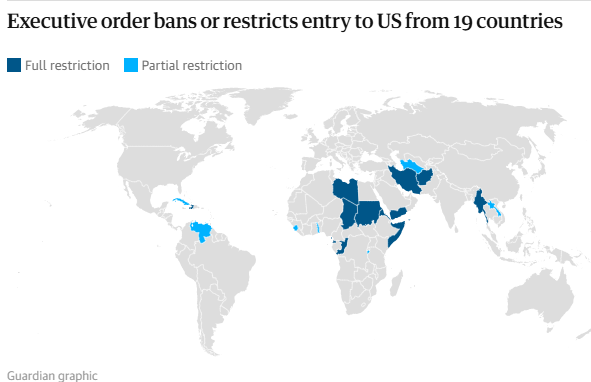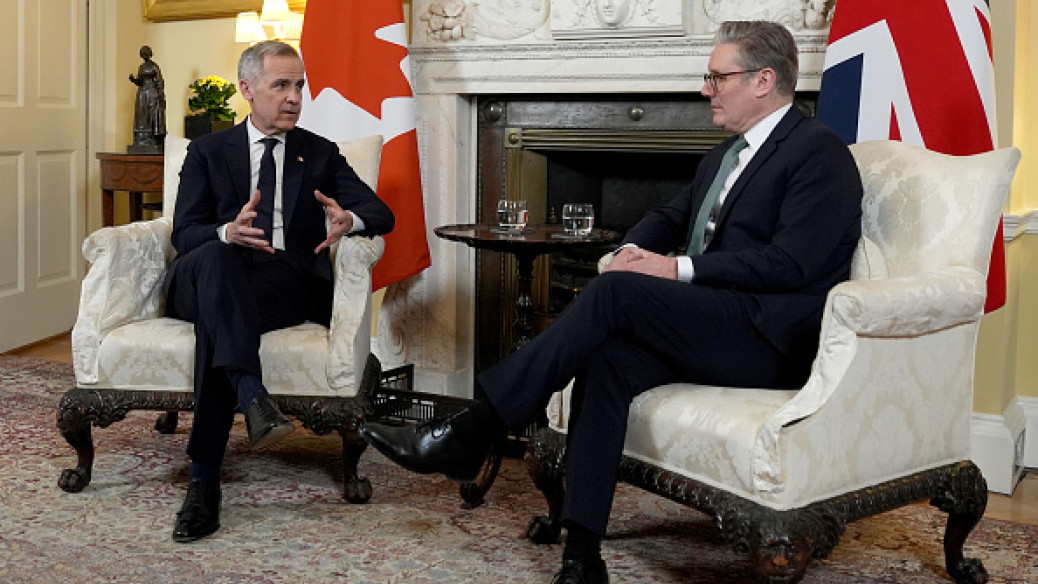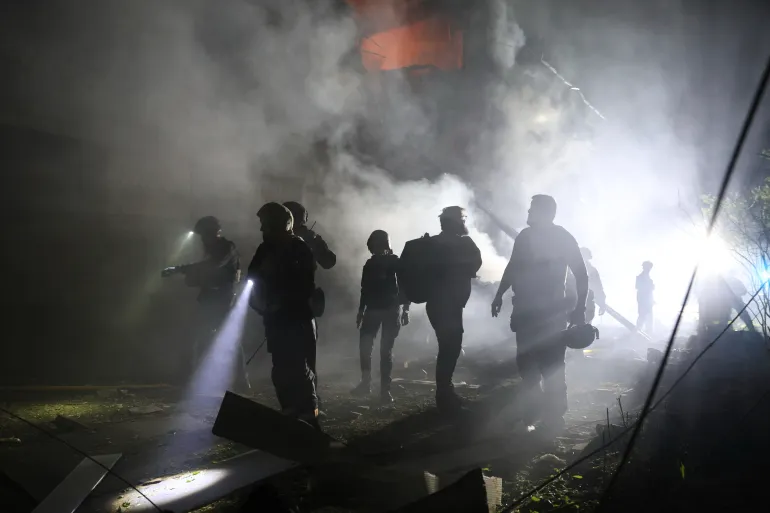Former U.S. President Donald Trump has released a formal proclamation vowing to reinstate and expand his controversial travel ban targeting several Muslim-majority countries if he returns to office in the 2024 election. The document, published Tuesday, lays out Trump’s commitment to using executive authority on “day one” to revive the policy that was initially introduced during his first term and drew global condemnation.
The proclamation outlines plans to block entry into the United States from specific nations deemed “security threats,” though it does not specify which countries would be affected in the renewed version. Trump said the new ban would be “substantially larger” and more comprehensive than the original, which barred travelers from countries including Iran, Libya, Somalia, Syria, and Yemen.
Calling the policy a matter of national defense, Trump claimed that “radical Islamic terrorists and other dangerous actors” were exploiting the immigration system. “We will not let our country be overrun by people who want to harm our citizens and our way of life,” the statement read.
The announcement came during a campaign rally in Florida, where Trump formally unveiled the document to cheering supporters. He has made immigration and national security central themes of his 2024 campaign, promising sweeping executive actions if elected to a second term.
The announcement came during a campaign rally in Florida, where Trump formally unveiled the document to cheering supporters. He has made immigration and national security central themes of his 2024 campaign, promising sweeping executive actions if elected to a second term.
Civil rights organizations immediately condemned the proclamation. The American Civil Liberties Union (ACLU) described it as “a rehash of a discriminatory policy that traumatized families and violated constitutional principles.” Muslim advocacy groups warned that the return of the travel ban would fuel Islamophobia and further isolate immigrant communities.
The original travel ban, introduced in 2017, was met with widespread protests and legal challenges. After multiple court battles, a revised version was upheld by the U.S. Supreme Court in 2018. President Joe Biden rescinded the policy on his first day in office in 2021, calling it “a stain on our national conscience.”
Biden administration officials declined to comment directly on Trump’s latest proclamation but reaffirmed the current administration’s position on inclusive immigration policies. A spokesperson for the Department of Homeland Security said the agency remains focused on “fair, humane, and lawful” immigration enforcement.
Political analysts say Trump’s decision to revive the travel ban is likely aimed at energizing his conservative base and reigniting debates over immigration ahead of the 2024 election. However, it may also deepen polarization and attract legal scrutiny if implemented.
The Biden campaign criticized the announcement, calling it “a desperate move to revive failed and hateful policies.” In a statement, the campaign said the contrast between Trump’s approach and Biden’s vision for immigration reform “could not be clearer.”
With the proclamation now part of Trump’s official campaign platform, legal experts anticipate renewed court battles if he wins the presidency and follows through on the executive order. Until then, the document serves as a stark signal of Trump’s intended policy direction and a reminder of the enduring controversy surrounding his immigration agenda.
Source; The Guardian



